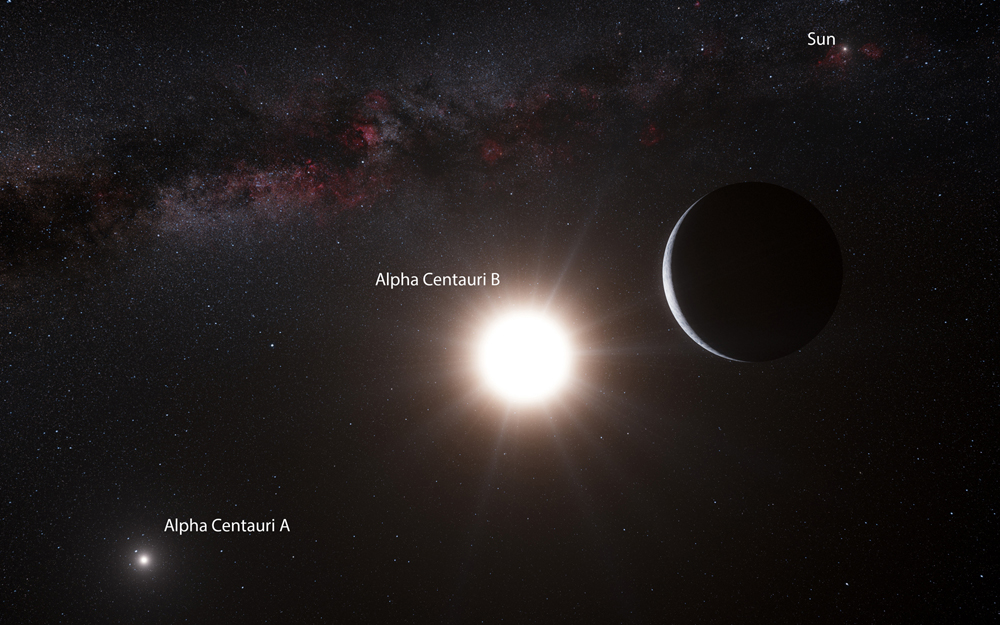
Get the world’s most fascinating discoveries delivered straight to your inbox.
You are now subscribed
Your newsletter sign-up was successful
Want to add more newsletters?

Delivered Daily
Daily Newsletter
Sign up for the latest discoveries, groundbreaking research and fascinating breakthroughs that impact you and the wider world direct to your inbox.

Once a week
Life's Little Mysteries
Feed your curiosity with an exclusive mystery every week, solved with science and delivered direct to your inbox before it's seen anywhere else.

Once a week
How It Works
Sign up to our free science & technology newsletter for your weekly fix of fascinating articles, quick quizzes, amazing images, and more

Delivered daily
Space.com Newsletter
Breaking space news, the latest updates on rocket launches, skywatching events and more!

Once a month
Watch This Space
Sign up to our monthly entertainment newsletter to keep up with all our coverage of the latest sci-fi and space movies, tv shows, games and books.

Once a week
Night Sky This Week
Discover this week's must-see night sky events, moon phases, and stunning astrophotos. Sign up for our skywatching newsletter and explore the universe with us!
Join the club
Get full access to premium articles, exclusive features and a growing list of member rewards.
SAN FRANCISCO — Scientists announced the existence of an Earth-size planet orbiting a star in neighboring Alpha Centauri, but back on the home planet, only half the people polled informally had heard of the star system. Still, most support the idea of sending a mission to explore the new discovery.
The scorched, rocky planet has about Earth's mass, but circles the sun Alpha Centauri B at a distance of just 3.6 million miles (6 million kilometers), making it likely that its surface is covered in molten lava. The alien planet’s existence suggests that others might lurk farther out from the star, just far enough for liquid water — and possibly life — to exist.
Though the constellation is our next-door neighbor, many San Franciscans had never heard of it.
"I have no idea what it is," said Paul Thomas, a cook waiting for a bus here.
While more than half of the 13 people polled said that Alpha Centauri was a star system, only one knew it was about 4 light-years away from Earth.
None knew it would take about 40,000 years to get there on a spacecraft like NASA's Voyager 1, though guesses ranged from two days to 150,000 years. [Gallery: Nearby Alien Planet Alpha Centauri Bb]
"I would have known when I went to space camp when I was 9," said bartender Anya Aplin.
Get the world’s most fascinating discoveries delivered straight to your inbox.
Despite the ignorance of our interstellar neighbors, most said they would definitely support sending a mission to study the new planet.
"Not everything starts out having a practical purpose, but along the way you discover things that turn out to be practical," said entrepreneur Jeff Lin. "The Apollo missions, they yielded things that were super-useful for human beings even though in the race to the moon, we didn't harvest moon rocks."
But first, scientists should get the costs down, determine whether the planet has an atmosphere, and develop artificial gravity to prevent the health problems of anti-gravity, people said.
Mary Beth Stone, a nonprofit worker, said an interstellar mission couldn't be justified unless Earthlings were in better shape.
"I think we should put some of the money that might be spent on that on taking care of the hungry and the homeless first," Stone said.
Others took a more expansive view of what should be considered before a trip.
"It depends on what the motivation is," said Paulette, an ordained Tibetan monk. "If it made all sentient beings happy, then we should go."
Though he just learned of the existence of Alpha Centauri’s and its alien planet, college student Pedro Navarro said he would still go if the travel time could be improved.
Many said safety concerns would need to be worked out first.
"I wouldn't want to be the first person — I would want to make sure the return trip was pretty much guaranteed," said Ian Matthew, a financial analyst.
But comfort was key for software engineer Miriam Goldberg. "It depends on the amenities on the ship," she said.
Straw Poll Results
1) Do you know what Alpha Centauri is?
- Yes: 7 people
- No: 6
2) The planet is four light-years away, how long do you think it would take to get there?
- No idea: 7
- Two days: 1
- Decades: 1
- Several Years: 1
- 100 Years: 1
- 400 Years: 1
- 150,000 Years: 1
3) If we found a faster way to get there, should we go check it out?
- Yes: 8
- It Depends: 4
- No: 1
4) Would you want to go?
- Yes: 4
- It Depends: 3
- No: 6
Follow LiveScience on Twitter @livescience. We're also on Facebook & Google+.

Tia is the editor-in-chief (premium) and was formerly managing editor and senior writer for Live Science. Her work has appeared in Scientific American, Wired.com, Science News and other outlets. She holds a master's degree in bioengineering from the University of Washington, a graduate certificate in science writing from UC Santa Cruz and a bachelor's degree in mechanical engineering from the University of Texas at Austin. Tia was part of a team at the Milwaukee Journal Sentinel that published the Empty Cradles series on preterm births, which won multiple awards, including the 2012 Casey Medal for Meritorious Journalism.
 Live Science Plus
Live Science Plus










